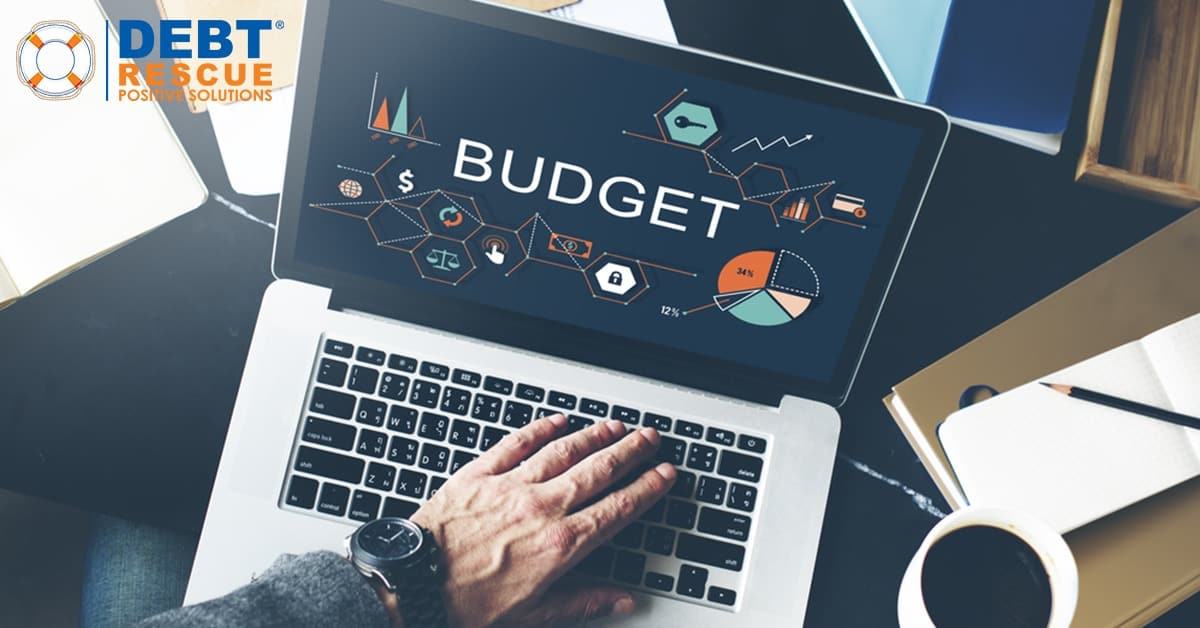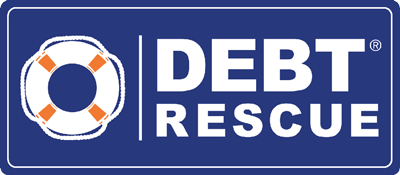Budgeting and money management sounds boring and dull. Who has time to comb through pages of numbers and figure out sums? Well let me tell you, budgeting is the opposite of boring! In fact if you are budgeting the right way, your money management can be exciting, fulfilling and productive.
Most people go through life accumulating debt and paying it off without putting much thought into it. That is, until you realise you might not be able to pay it off anymore. But it shouldn't take a harsh bump in your financial road for you to get interested in your money. By taking a little interest in your finances and planning ahead and setting some goals, you could save thousands of dollars in interest, pay out your loans early, save up for your holiday, buy that TV, those shoes, that bike. It won't happen overnight and it does take a little bit of will power and commitment, but financial goal setting and budgeting combined can make for one fantastic hobby. Here's how:
Start Right Now!
It always takes a few weeks to figure out your money, adjust to a new routine and start to notice the benefits of your planning. Don't put it off any longer. Today is the day you can get your finances on track.
Set Some Goals
In the beginning it always helps to have a goal to keep you motivated. After time, your budgeting, planning and money management will become second nature, but it can be tough to stay on track from the get go. A goal can be short term or long term, but it needs to be something you can really work towards. For example, you might want to pay off your credit card balance of $3500 before your birthday in 6 months time, save $1000 for Christmas spending or pay off your car loan 2 years early!
Proper Planning Prevents Poor Performance
Now you know what you want from your finances, let's make a step-by-step road map for you to follow to achieve your goals. Firstly, you need to know everything about your finances, and I mean everything.
Step 1
Make a list. When I created a budget for my household I started with a piece of paper and divided it into columns. I wrote down all the bills I could think of in one column and wrote their amounts and due dates in the corresponding columns as well as their frequency. When I thought I had remembered everything, I went through the transactions on my internet banking account. This helped me to remember a few of the less frequent expenses, such as car registration and automatic direct debits. I also wrote down things like petrol and groceries and allocated an average weekly spend. Do this for everything you buy on a regular basis, even cigarettes, alcohol and gambling (including lottery tickets)
Step 2
Break it down. Once I had all my expenses accounted for I figured out how much I would need to set aside each pay day (for me this is weekly) in order to cover all my expenses when they are due. For example I usually pay about $600 a year for my Car Insurance which is due in 5 months - (20 weeks). So in order to have $600 to pay my insurance in 5 months time, I will need to set aside $30 each week. Do this for all your expenses and then add them all together and write this amount at the bottom of your list.
Step 3
Ask the hard question. The hard question is this: does your weekly income cover the amount you need to set aside to cover your upcoming bills? If the answer is 'yes, with money left over' then you can move on to working toward your goal. If you only just have enough money to cover your expenses or you fall short of being able to pay your bills, you need to re-visit your list. Is there anything on your list you can cancel, such as a Foxtel subscription, magazine subscription, a gym membership you aren't using, etc? Or maybe you can cut back your grocery bill by looking at cheaper cuts of meat, buying cheaper brands or giving up certain items like cigarettes. Could you drop your phone plan down to a cheaper option or give up a hobby temporarily. For instance my husband loves to go fishing and spends lots of money on lures, bait, line, hooks, etc. If you are struggling to cover your essential living expenses it would make sense to stop these purchases, at least until you get back on track. Look for ways to cut money from your budget until you are comfortably covering your expenses, with a little bit left over. If there is absolutely no way to find enough money to cover your bills, you might have to look at a more serious option such as refinancing your mortgage or entering a Debt Agreement.
Aiming for Your Goal
The money you have left over after your expenses are covered is called your surplus. Now your surplus can go towards your goal. For example, if you wanted to pay off your credit card quickly, pay the surplus off your credit card each week rather than only paying the monthly repayments. Once your credit card is repaid, your surplus increases because you now have one less debt to worry about. As your surplus grows, you can keep putting it towards your other debts, such as a car loan and try to pay it off early as well. Or you could put your surplus into a savings account.
Keep Your Money Separate
With so much going on in your budget, it can be hard to know what you can spend and what you should be keeping to pay your future debts. I find it easiest to separate my money. I have a normal account with a debit card attached to it, and two higher interest accounts with no cards attached to them. I am paid into one of my high interest accounts which is also set up with all my direct debits for my bills and debts. I transfer the money I have allocated for groceries, petrol and shopping into the account with the card attached and all my savings/surplus goes into my other high interest account as savings. This way I am sure my bills will always be paid on time and I can't overspend because my surplus money is tucked away earning interest.
Your Budget Plan
Whether you are goal driven, or just want to see more money in your account each month, this budgeting plan should help you get your finances on track.
- Start now
- Set your goals
- Know your expenses and create a plan
- Adjust your budget to find a substantial surplus
- Put your surplus towards your goals
- Separate your money to stay on track.
If you would like to rework your budget and explore the options of consolidating your loans, give Debt Rescue a call on 1800 003 328.
Why We Care
Debt Rescue prides itself on offering holistic, long term solutions for people in debt. Having been a leading provider of debt relief solutions for more than a decade, we have helped thousands of Aussies get out of debt, and stay there.
When you speak to one of our professional case managers about your debt, we are able to identify where your money management skills could be improved. We walk you through a budget and help you realise where your money comes from, where it goes and where it would be better off. Everyone who earns and spends money is at risk of falling into debt in Australia. The only thing stopping you is the ability to manage your money correctly.
For help with your budgeting or advise on how to get control of your more serious debts, give our Case Managers a call on 1800 003 328.
For more information on budgeting and how it can help get your finances back on track, check out our budgeting page.
-137x60px.png)




